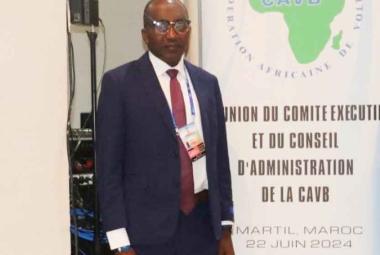By Mariatoun Ngum
The Ministry of Trade, Industry, Regional Integration and Employment (MOTIE) recently held a day’s stakeholder validation of the Sustainable Investment Facilitation and Cooperation Agreement (SIFCA) Model Framework for The Gambia for all future Bilateral Investment Treaties (BITs) Agreements and negotiations.
The event, held at the Ministry’s conference room in Banjul, is the next-generation model bilateral investment treaty that brings together for the first time the divergent regimes of investment protection, business, human rights and environmental protection for The Gambia to use as a national framework for future investment agreement negotiations.
Further to a (two-phase) capacity building support to The Gambia delivered by the K&L Gates LLP Law firm in collaboration with the International Development Law Organisation (IDLO) under the Investment Support Programme for the Least Developed Countries (ISP/LDCs), K&L Gates with IDLO’s ISP/LDCs experts on International Law and International Arbitration from the University of Sydney supported the development of a Model Sustainable Investment Facilitation and Cooperation Agreement (the ‘Model SIFCA’) with an International Investment Agreement (IIA) Negotiating Reference Document.
Mr. Omar Badgie, Director at the Directorate of Industry and Investment Development, MoTIE, welcomed guests from K&L Gates LLP Law Firm to The Gambia.
He explained that the first phase started with capacity building for the investment model development. Having this model in The Gambia, he noted, will be a ring against future government contracts especially public investment that has to do with government infrastructure.
Robert Houston, Senior Associate (International Arbitration) K&L Gates LLP Law Firm took the participants through the document. He informed them that the objectives of the SIFCA Framework is to introduce investors’ business and human rights obligations as a shield for Host States in IIAs, to reduce power imbalances in investors-state dispute settlement (ISDS) between developing states and well-funded investors, as well as promote more equal sharing of risks and benefits in modern investment treaty practice.




